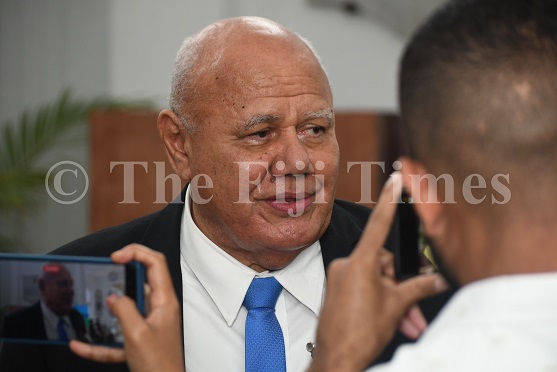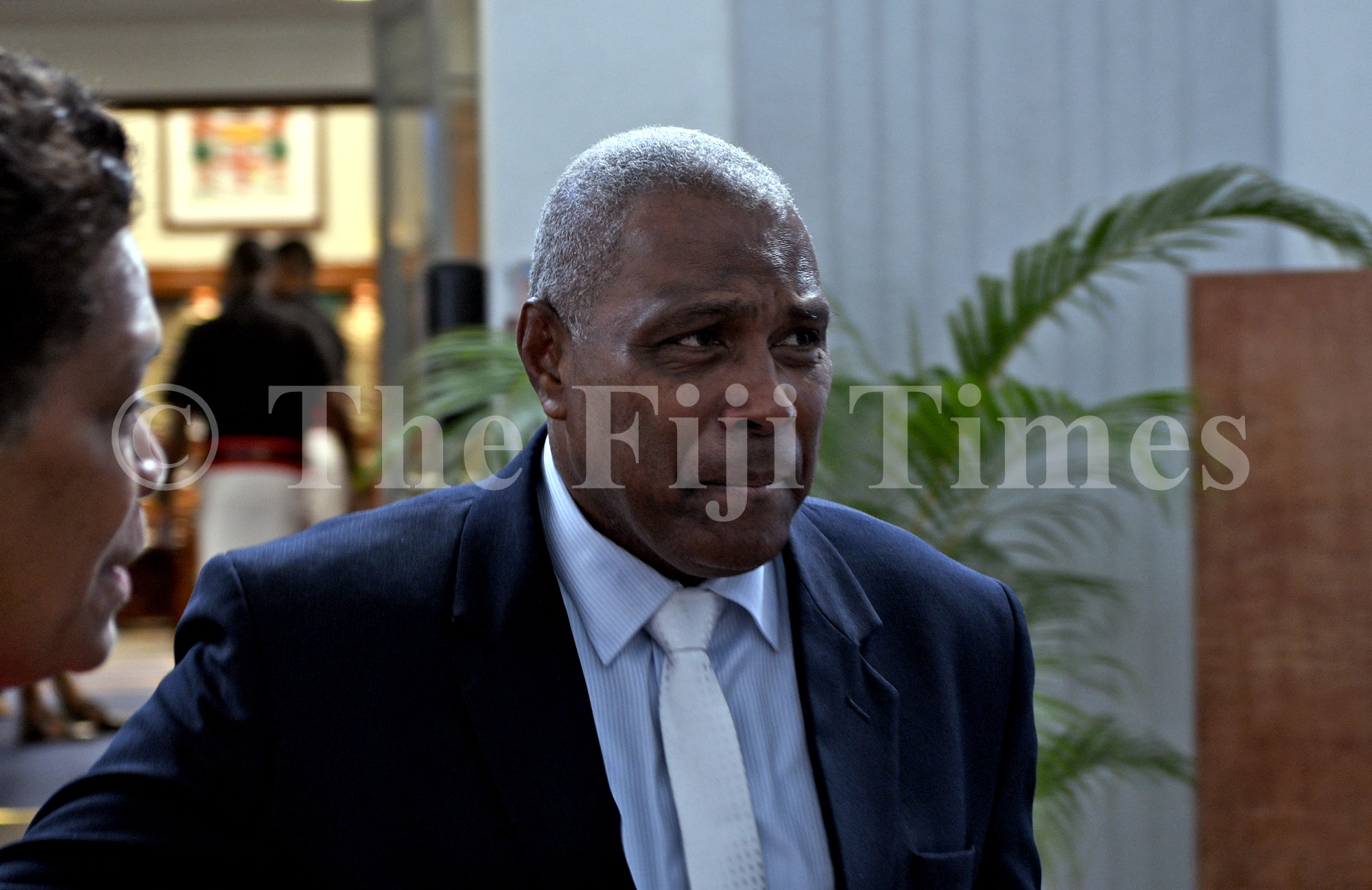Throughout history and even today in some denominations, women have been excluded from leadership roles in churches.
But that is changing, particularly in some protestant and evangelical churches. And as more women throughout the world lead parishes, women in the Pacific have also begun taking on roles as reverends, pastors or priests.
There are 22 ordained women in the Anglican Church’s Diocese of Polynesia, a little less than half the number of ordained men.
Reverend Sereima Lomaloma from Fiji was the first Indigenous woman in the Pacific to become a priest.
But she didn’t have a typical start — she was the only one in her family to actually walk away from the church when she was younger.
“My father was a Synod member and a member of the … parish. But I was the only one out of all the children — there are five of us — I was the only one who stopped going to church,” she told Sistas, Let’s Talk.
“I actually decided not to be confirmed. Life was just too much fun. It was enjoyable and church was the last thing I wanted to be involved with.
“But my parents actually allowed me to be myself. I think that’s one of the strengths that I had because they supported me all along and they were happy to see me back again.”
When she did return, she came with a new-found faith and conviction that she wanted to serve in ordained ministry.
While in some denominations, her appointment would be controversial, Ms Lomaloma said she didn’t encounter any opposition. In fact, she says, there are clear benefits to having women in leadership positions in the church.
“We do bring different perspectives, you know, to the church,” she said. “That’s why it was very important that women are also in leadership positions because we look through different lenses and that’s what’s needed in society.
“The church is no different. When women come into leadership positions, they bring a different perspective, but also their leadership style is different. I think it’s more inclusive.
“Because you are part of a gender that is often denied leadership or because … you come across, victim-survivors of violence … you bring that with your role as a clergywoman.
“And so, you minister differently from your brother clergyman.” A ‘pastor by circumstance’ Not all paths to church leadership are as smooth, however.
In the 1990s, Joseph and Susan Kingal from Papua New Guinea’s Western Highlands started The Word, The Spirit and The Cross evangelistic ministries in Lae.
Mr Kingal became PNG’s first tele-evangelist and their ministry attracted thousands of worshippers. But in 2010, Mr Kingal died in a car accident and Susan was faced with a difficult choice.
“I call myself a pastor by circumstance, because my husband died suddenly and there was no one to take over the ministry,” she said.
“It wasn’t a church network like COC or AOG or Lutheran or something like that. It was a ministry we initiated… so when my husband died, suddenly there was no one to take over… I had to take the place of the pastor.”
It was a rocky start. Some of the church leadership left, taking big chunks of the congregation with them. “Whenever there’s a change in any organisation, there’s always shifting in the minds of people as well,” Ms Kingal said.
“So when my assistant pastor and some of the congregation wanted to leave, I prayed for them and give them some money and said, ‘You go and start your own ministry’.
“So myself and those that want to remain, they can remain, but I didn’t take that as a setback.
“I said, whether you go stay, I will still serve God even if I am left with my four children. And those who stood by me, they’re still there to this day.”
Ms Kingal said although cultural attitudes towards women in leadership positions were changing, there was still an inbuilt obstacle that had to be overcome.
“We can write policies to change the mindset of the people, but it is already built in them to think that women are not able to do it,” she said.
“So in order to change the mindset, I always tell women, you don’t need to fight for it. You just be yourself wherever you are placed in your area of influence.
“Whether you be the manager in a shop or in a company, you just be yourself and serve, and they know that this is the woman leading, but you don’t have to do something to show that you are a woman.
“In the church, they used to … have meetings and they address the male pastors as men of God. But now in Lae city, when they want to say men of God, they also say woman of God because I am in that pastoral role. They include me in the meetings as well.”
• The authors are journalists with the ABC. The views expressed in this article belong to them and do not necessarily reflect the views of this newspaper.






